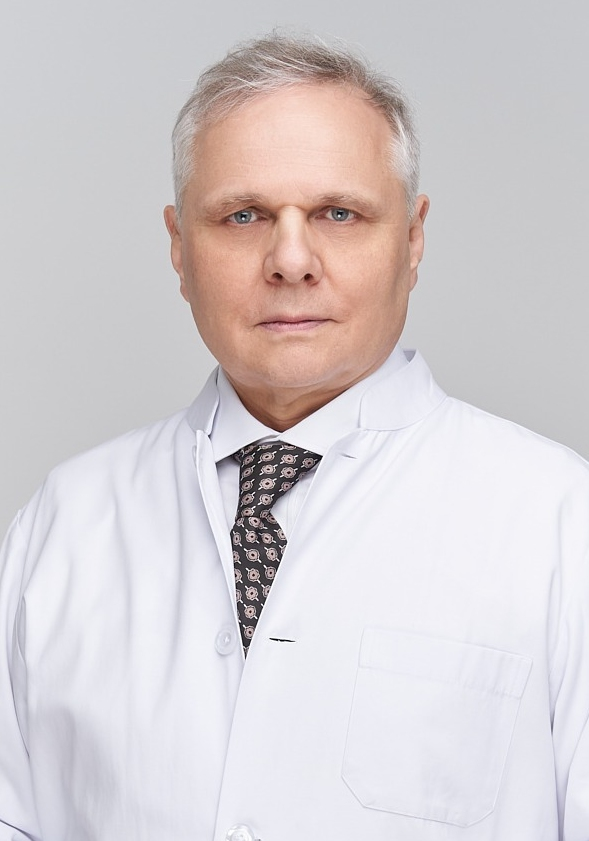
Feeling anxious before an exam, a meeting, or a flight is part of normal life. Anxiety helps us stay alert and protect ourselves from danger. However, when fear becomes constant and begins to take control of your thoughts, sleep, and daily life, it may signal an anxiety disorder.
Many people live with these symptoms for years before they decide to visit a psychiatrist for treatment of anxiety in India. Yet, seeking help early can make a remarkable difference. Anxiety disorders are common and affect people of all ages and backgrounds. They can range from mild tension to severe panic attacks that prevent someone from working, socializing, or leaving the house.
Unfortunately, anxiety is often misunderstood. Many people think they should “just calm down” or “handle it themselves.” As a result, the problem goes untreated for too long. But with proper psychiatric care, anxiety disorders can be effectively managed—and recovery is absolutely possible.
For Anxiety Treatment Contact Dr.Kowal
Call CHMCHow Psychiatrists Treat Anxiety Disorders
Modern psychiatry has made great progress in understanding and treating anxiety. Today, the most effective approaches combine medication and psychotherapy, depending on the individual’s needs.
A psychiatrist for the treatment of anxiety in India begins with a detailed assessment to understand the nature of your fears—when they started, what triggers them, and how they affect your life. This allows for a personalized treatment plan rather than a one-size-fits-all approach.
During treatment, the psychiatrist helps you understand how anxiety manifests in your body and mind and teaches you coping strategies. Recognizing the difference between real danger and anxious thoughts is often the first step toward regaining emotional balance.
Psychotherapy, particularly cognitive-behavioral therapy (CBT), helps patients confront their fears and change negative thinking patterns. Combined with medication when necessary, it can lead to significant improvement within a few months.
Medications Commonly Used for Anxiety
When anxiety symptoms are severe or persistent, psychiatrists may recommend medication. The most commonly prescribed drugs are antidepressants, particularly selective serotonin reuptake inhibitors (SSRIs) such as Escitalopram or Paroxetine. These medications help regulate serotonin levels in the brain, which improves mood and reduces anxiety. If SSRIs are not effective, SNRIs (selective serotonin noradrenaline inhibitors) such as Venlafaxine or Duloxetine may be prescribed. These medications act on both serotonin and norepinephrine, another neurotransmitter involved in stress regulation.
Antidepressants are not addictive, but they take time to work—usually between two and six weeks. Many patients stop medication as soon as they feel better, which often leads to a relapse of symptoms. Therefore, psychiatrists usually recommend continuing treatment for at least 9 to 12 months before gradually tapering the dose under supervision.
Other Possible Medications for Anxiety Treatment
In some cases, psychiatrists may use additional options, depending on the patient’s condition and response to treatment:
- Benzodiazepines are the first choice for short-term relief from acute anxiety or panic. They act quickly but shouldn’t be used as a standalone method due to potential dependence.
- Buspirone is a non-addictive medication that can reduce anxiety but is less commonly prescribed.
- Hydroxyzine is an antihistaminic that has a calming effect and can help with anxiety-related sleep problems.
- Beta-blockers are often used to control physical symptoms such as trembling or rapid heartbeat during stressful situations.
Each individual reacts differently to medication, which is why follow-up consultations are essential. The psychiatrist adjusts the dosage or switches medication as needed to ensure optimal results with minimal side effects.
Importance of Early Psychiatric Treatment for Anxiety
The longer anxiety remains untreated, the more it tends to intensify. Early intervention from a psychiatrist for treatment of anxiety in India can prevent chronic stress, panic attacks, and depression from developing.
A good psychiatrist not only prescribes medication but also provides insight, reassurance, and coping techniques. Understanding that anxiety is a medical condition—not a personal weakness—is an important step in healing.
At CHMC’s partner clinics in India, psychiatric care focuses on restoring emotional stability, improving sleep, and rebuilding confidence. Patients receive a holistic treatment plan that may include therapy, lifestyle adjustments, relaxation techniques, and, if needed, medication.
Treating Anxiety and Regaining Control Over Your Life
If you experience constant worry, restlessness, or physical symptoms such as sweating, heart palpitations, or trembling without clear reason, it may be time to seek professional help.
Seeing a psychiatrist for treatment of anxiety in India can help you understand what is happening in your mind and body and provide you with the right tools to overcome it. With consistent treatment and guidance, most people recover fully and return to a balanced, fulfilling life.
